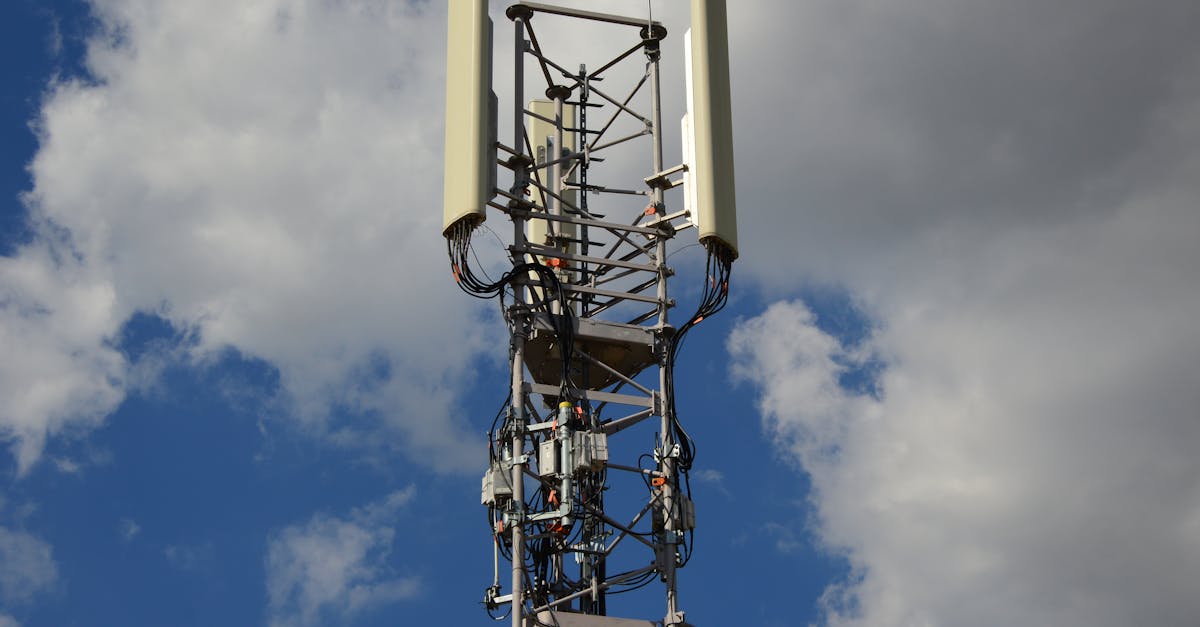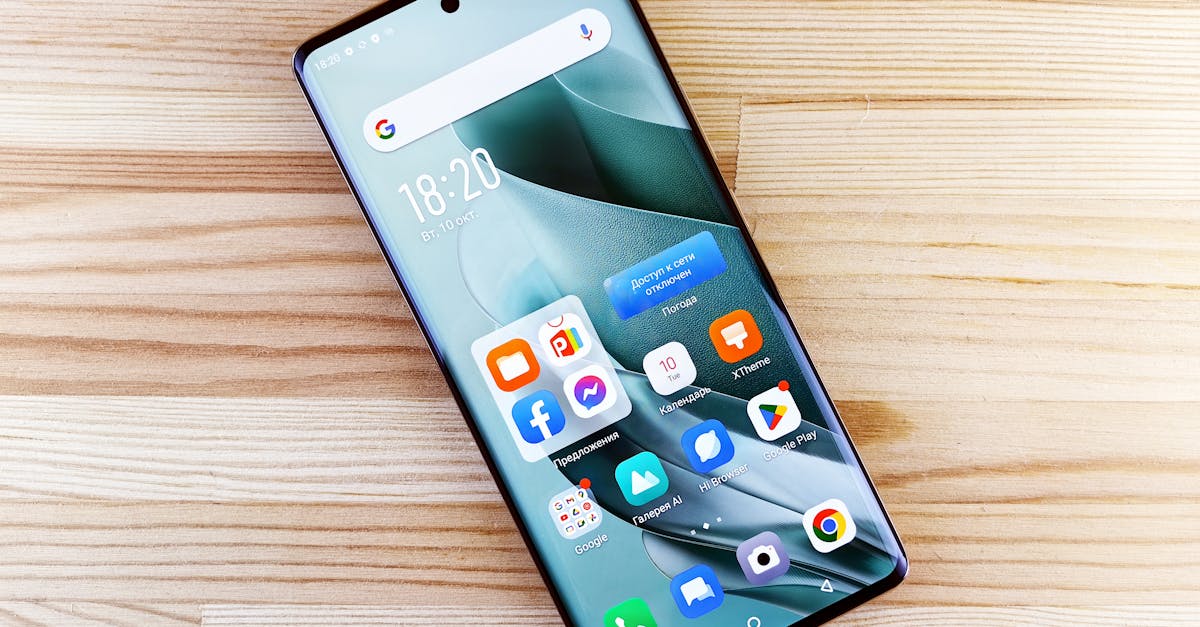How 5G is Revolutionizing Mobile Tech in 2023
Introduction
In 2023, the world is witnessing a seismic shift in mobile technology with the advent of 5G. This fifth-generation network is promising unprecedented speed and connectivity, transforming how we interact with mobile devices. As the successor to 4G, it significantly enhances data transfer rates, diminishes latency, and enables broader network capacity. But what do these technical improvements mean for the everyday mobile user? From streaming high-definition content on-the-go to powering complex Internet of Things (IoT) ecosystems, 5G is slowly weaving itself into the fabric of daily life. Let's delve into how this cutting-edge technology is reshaping the mobile landscape.
Advertisement
Unmatched Speed and Connectivity
Perhaps the most talked-about feature of 5G is its lightning-fast data speeds, which can reach up to 10 Gbps, far surpassing its 4G predecessor. This leap in speed enables users to download movies in seconds, enjoy lag-free video calls, and play online games without interruptions. In urban settings, where network congestion is a common issue, 5G offers a more reliable and efficient connection. This transformative power extends beyond personal use, impacting industries like telemedicine, where real-time data transfer can enhance patient care. By providing ubiquitous connectivity, 5G is setting new standards in communication.
Advertisement
Empowering the IoT Revolution
The Internet of Things has been on the brink of mainstream adoption, and 5G is the catalyst it needed to transcend current limitations. The improved bandwidth and low latency of 5G enable seamless interaction among numerous connected devices, facilitating smarter homes and cities. Imagine appliances that communicate with each other to optimize energy use or autonomous vehicles that navigate traffic efficiently, benefiting from real-time traffic updates. The promises of IoT were grand, but with 5G, they are becoming tangible, fostering innovation in various sectors, from smart agriculture to advanced manufacturing.
Advertisement
A Boost to Augmented Reality and Virtual Reality
Augmented Reality (AR) and Virtual Reality (VR) applications have long been stymied by bandwidth and latency constraints. With 5G, these limitations are rapidly eroding, paving the way for an enriched user experience. On mobile devices, 5G supports hyper-realistic AR and VR applications, transforming interactive gaming, virtual tourism, and immersive learning. Corporations are leveraging these technologies for training and development, providing life-like simulations that were previously untenable. As 5G adoption grows, AR and VR are anticipated to become even more prevalent in both entertainment and enterprise sectors.
Advertisement
Enhancing Mobile Innovation
5G is driving innovation in mobile technology and expanding the range of capabilities that smartphones can offer. Enhanced camera functions, faster processing speeds, and advanced AI integration are all benefiting from the power of 5G. Additionally, mobile apps are evolving to offer more real-time services that were previously impossible, such as augmented reality navigation and virtual collaborative workspaces. Developers are only just beginning to explore the possibilities afforded by 5G, hinting at a future where mobile technology is more responsive and intuitive.
Advertisement
Revolutionizing Media and Entertainment
In the realm of media and entertainment, 5G is reshaping how content is consumed and shared. High-definition streaming, live broadcasts, and seamless social media experiences have been made accessible without buffering delays. Virtual concerts and events are becoming the new norm, offering interactive experiences that rival in-person attendance. 5G's impact extends to content creators who now have the ability to produce and share high-quality visuals and multimedia without concerns about bandwidth limitations, leading to better and richer content overall.
Advertisement
Driving Economic Growth
The deployment of 5G infrastructure is not only an upgrade for mobile technology but also a significant economic engine. As regions invest in 5G networks, they create jobs across sectors, from network installation to app development. Moreover, businesses are leveraging 5G to enhance productivity and develop new business models, such as remote working setups that are now seamless. With economies facing digital transformation, 5G's role is pivotal in supporting sustainable growth and global competitiveness.
Advertisement
Navigating 5G Challenges
While 5G offers numerous advantages, its rollout is accompanied by a set of challenges. Infrastructure demands, including the installation of thousands of small cell sites, pose logistical and regulatory hurdles. Additionally, there are concerns about energy consumption and the environmental impacts of this widespread technology. Security issues also persist, as fake networks can emerge more easily. Addressing these challenges requires collaboration among governments, telecom companies, and tech innovators to ensure 5G technology is both effective and sustainable.
Advertisement
Global Adoption Variations
5G adoption is progressing at different rates across the globe, influenced by varying governmental policies, infrastructure investments, and consumer readiness. Nations like South Korea and China are at the forefront, leading advancements and setting benchmarks for others to follow. Meanwhile, emerging markets are grappling with 4G transitions and may take longer to adapt. This variability presents both opportunities for learning and challenges in ensuring that 5G benefits are inclusive and universally accessible. As countries prioritize digital transformation, 5G's role as a cornerstone of the digital economy becomes clear.
Advertisement
Conclusion
The rollout of 5G technology in 2023 marks a watershed moment, setting the stage for an exciting era of innovation and connectivity. As the backbone of future technologies, it promises to deliver unparalleled speed, reliability, and opportunities necessary for driving forward digital ecosystems. From enhancing entertainment experiences to advancing industries, its ripple effect is noticeable across myriad sectors. As we navigate the broader implications and challenges of widespread 5G, its potential for transformative change remains both compelling and inevitable. In a world increasingly defined by connectivity, 5G stands as a harbinger of a more connected future.
Advertisement


